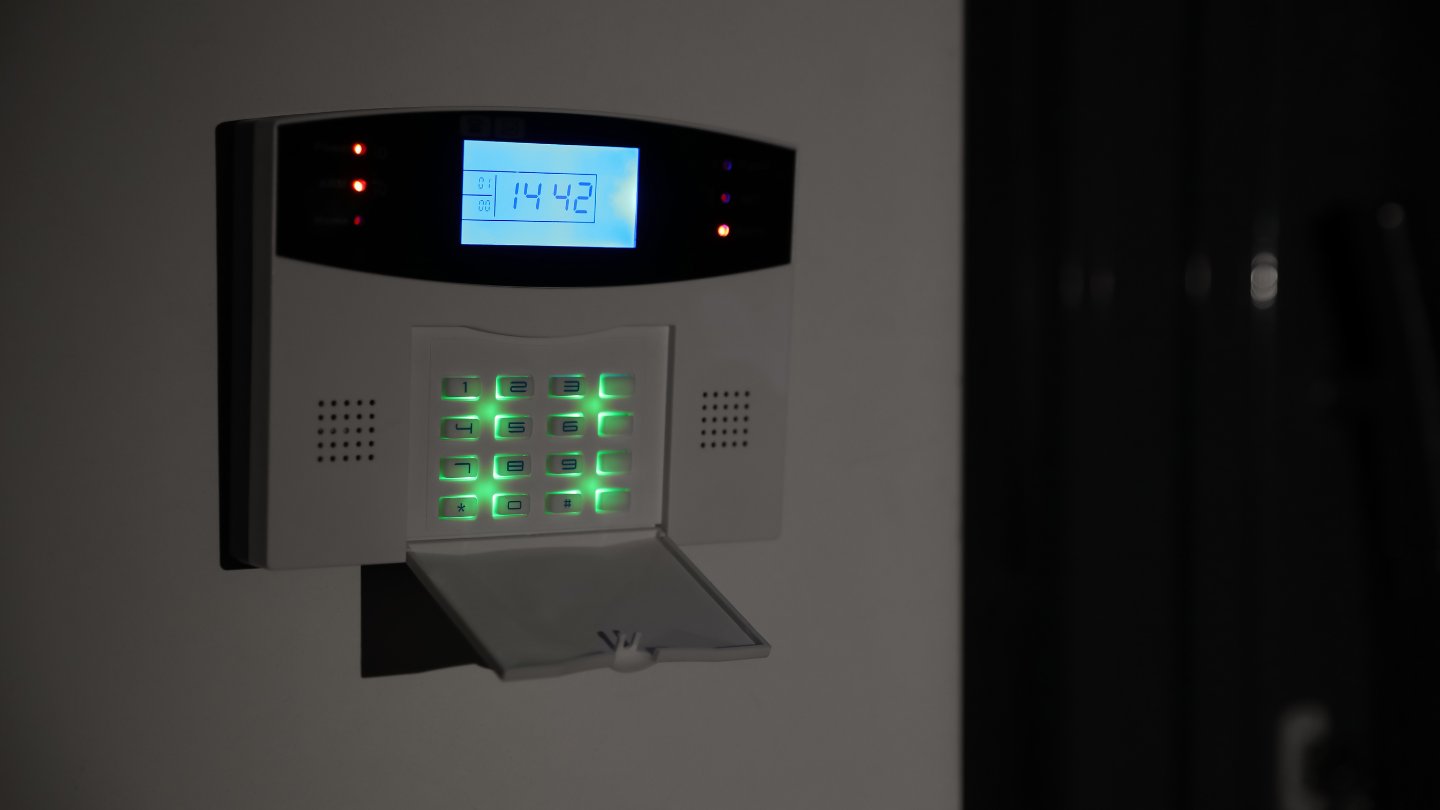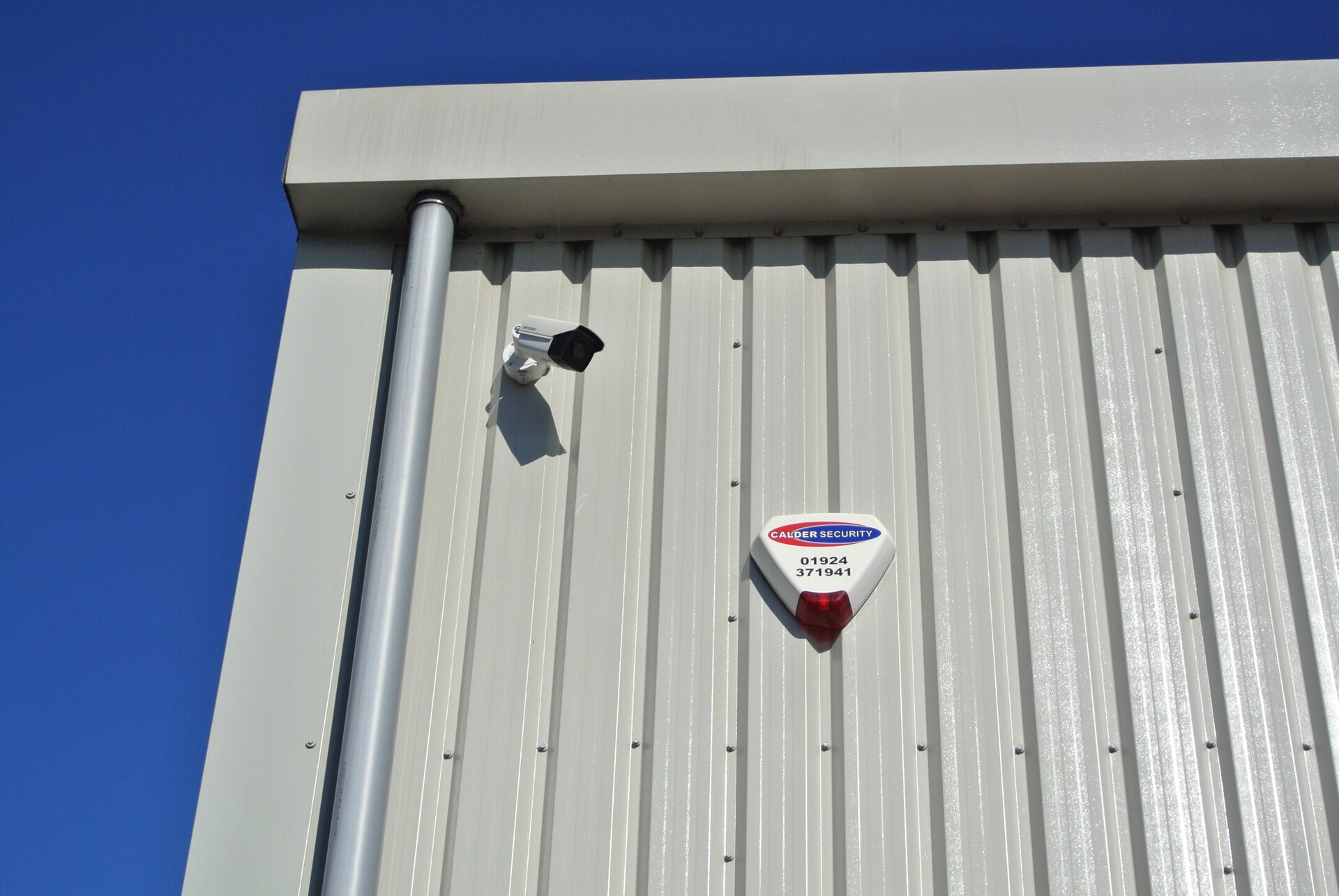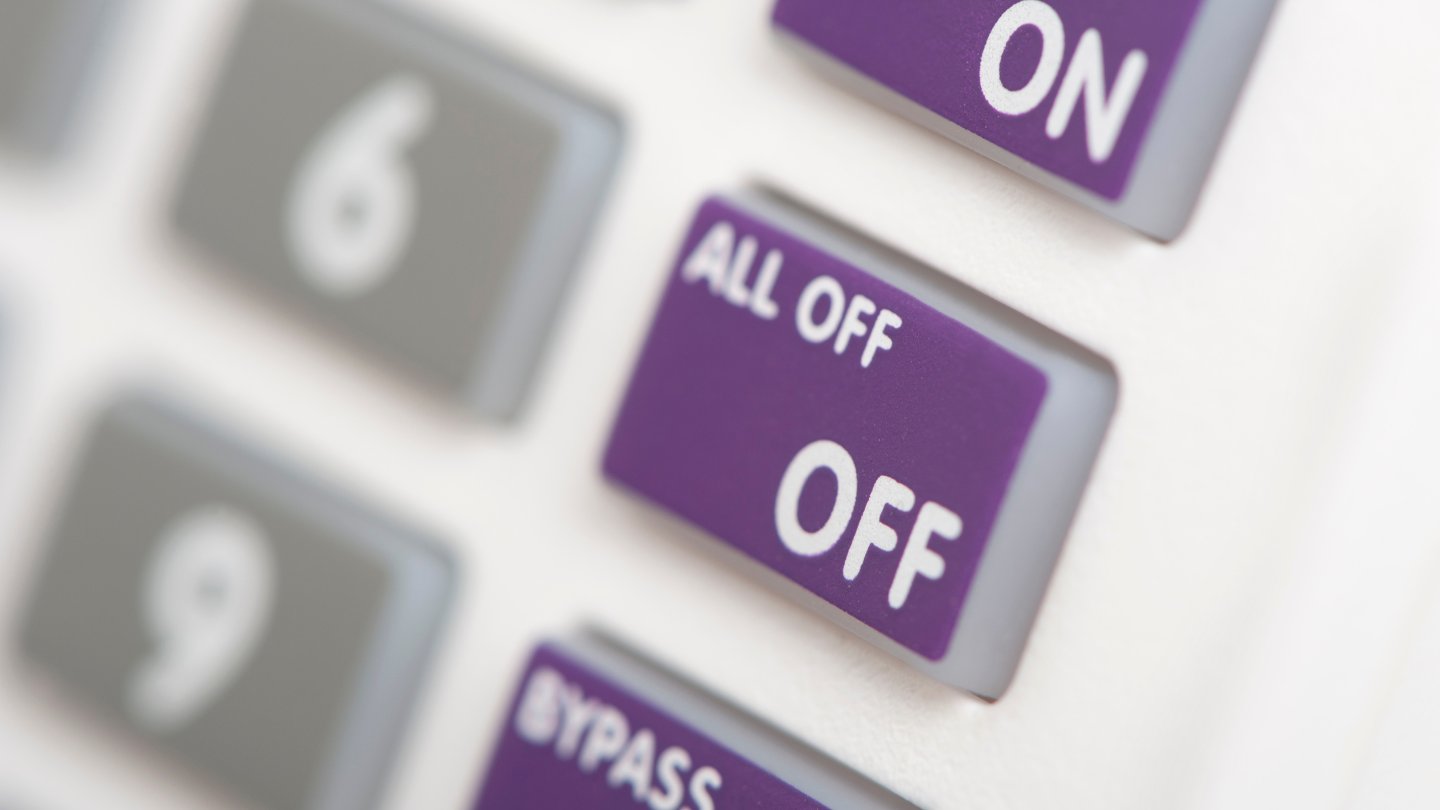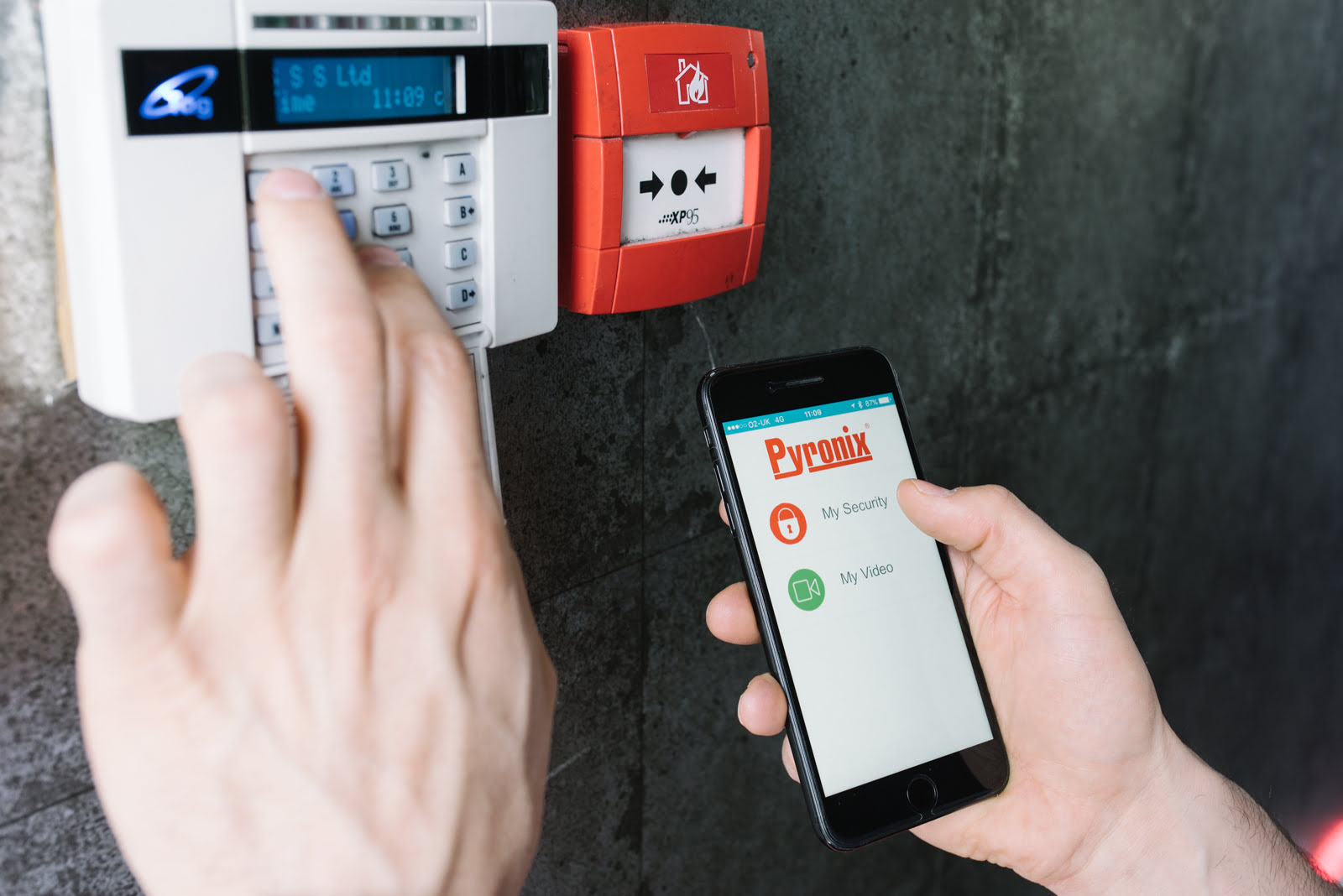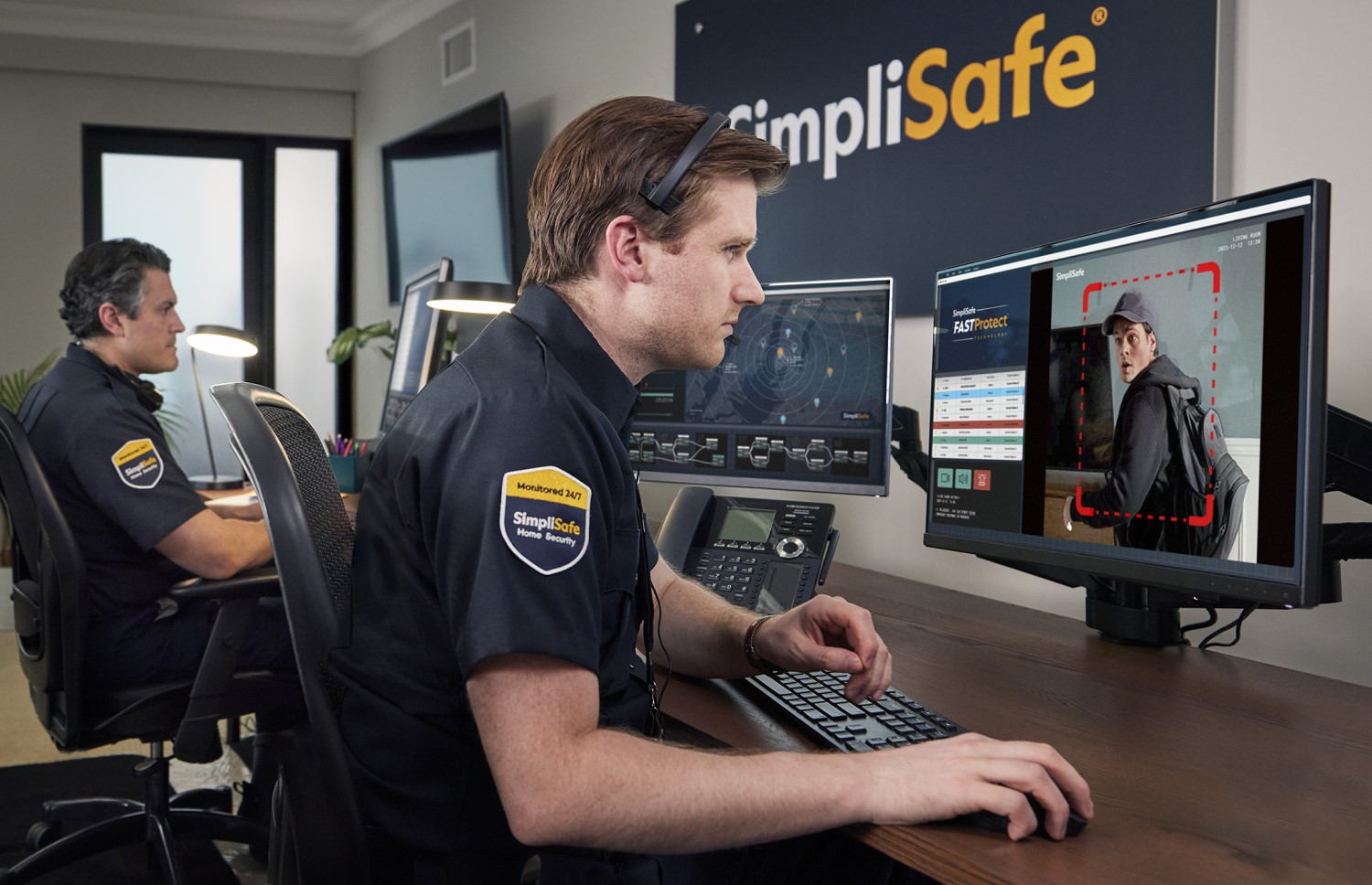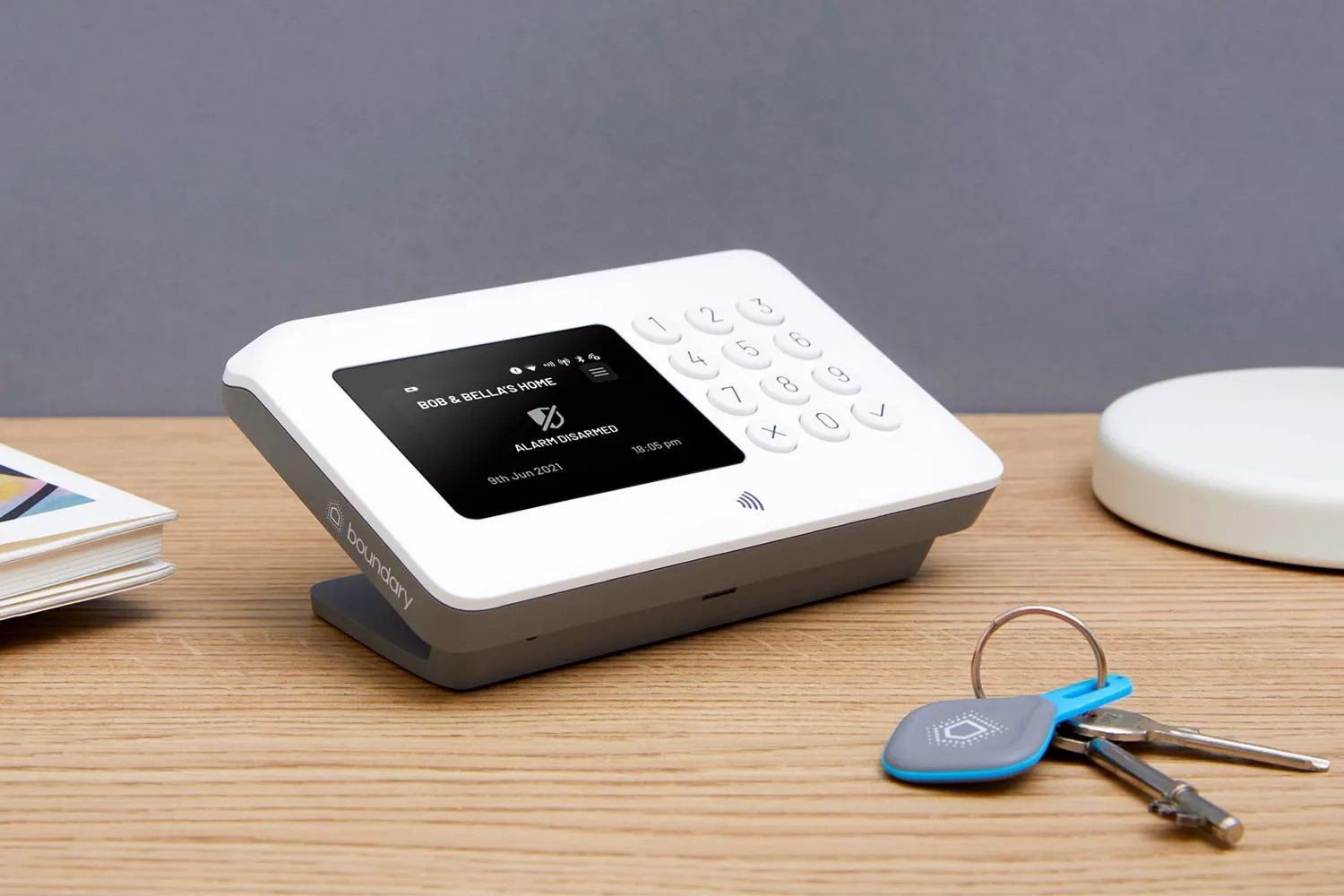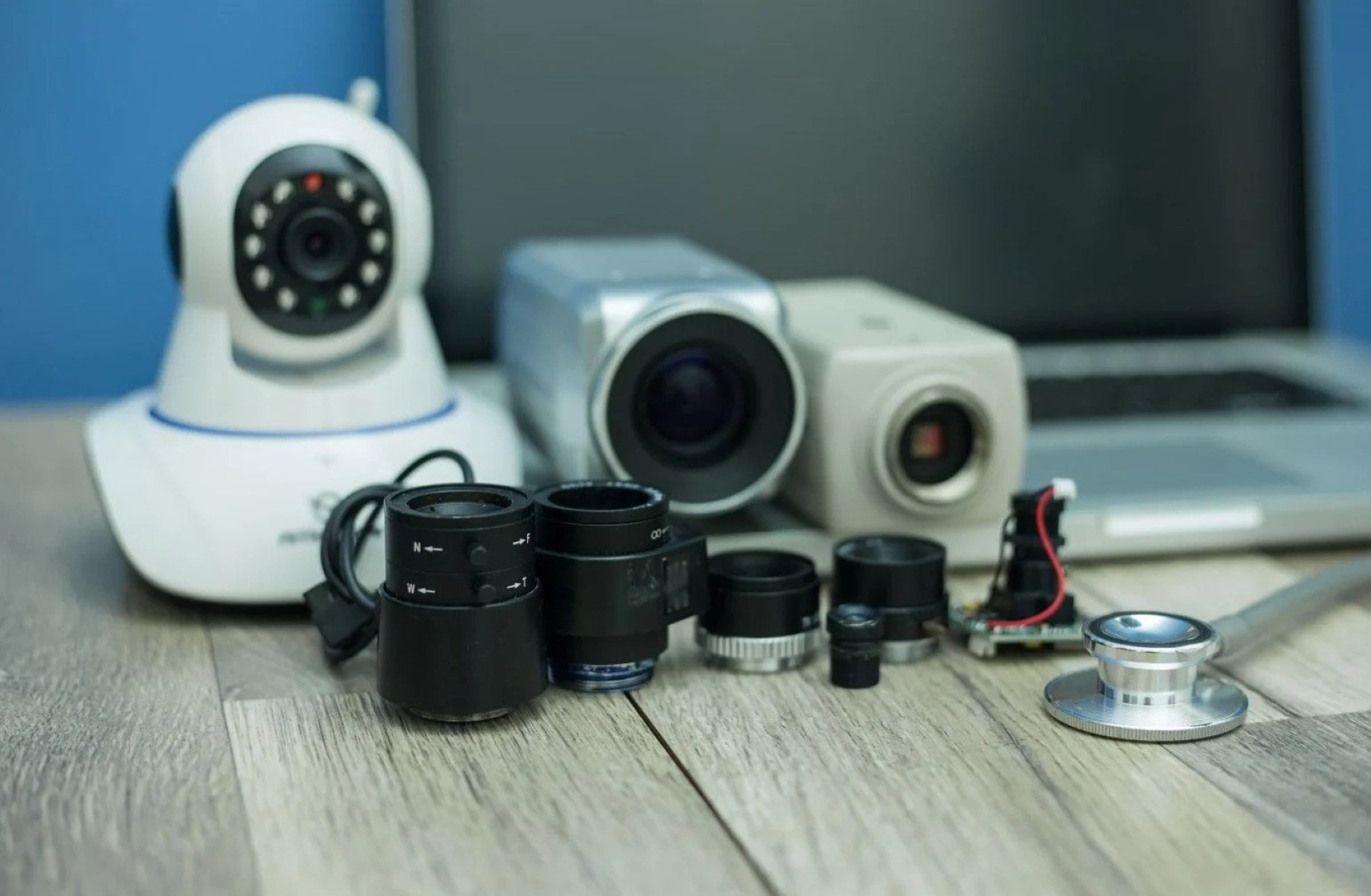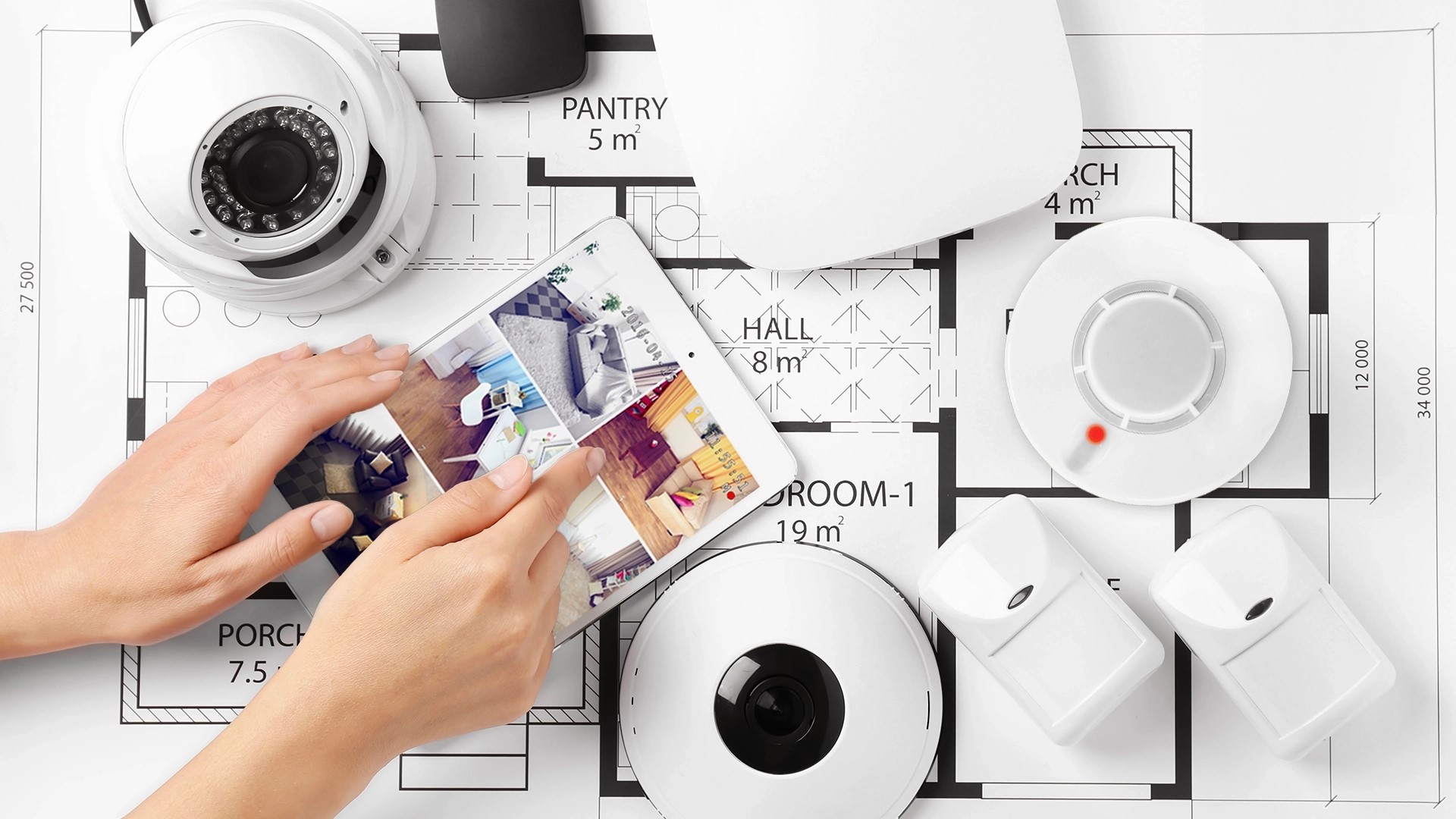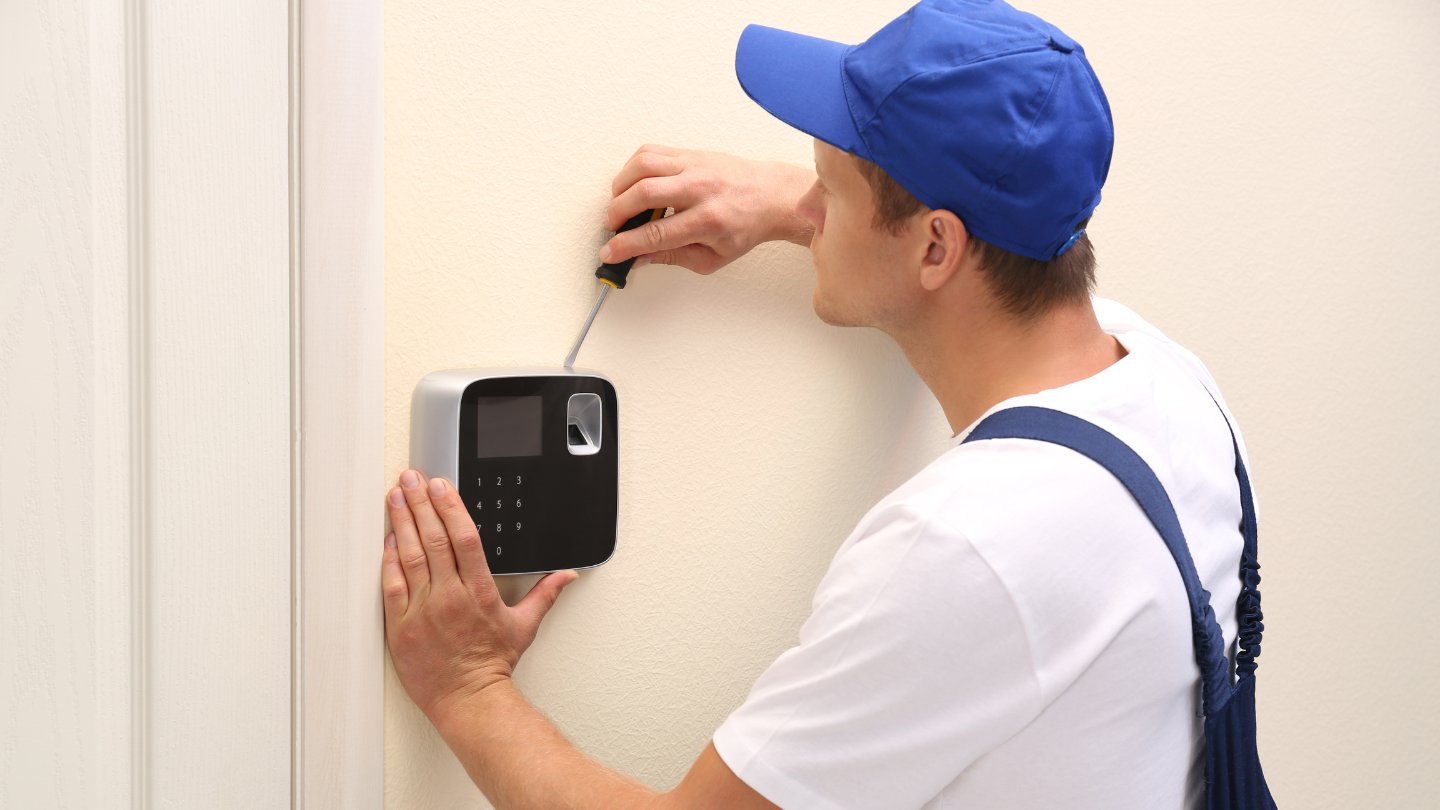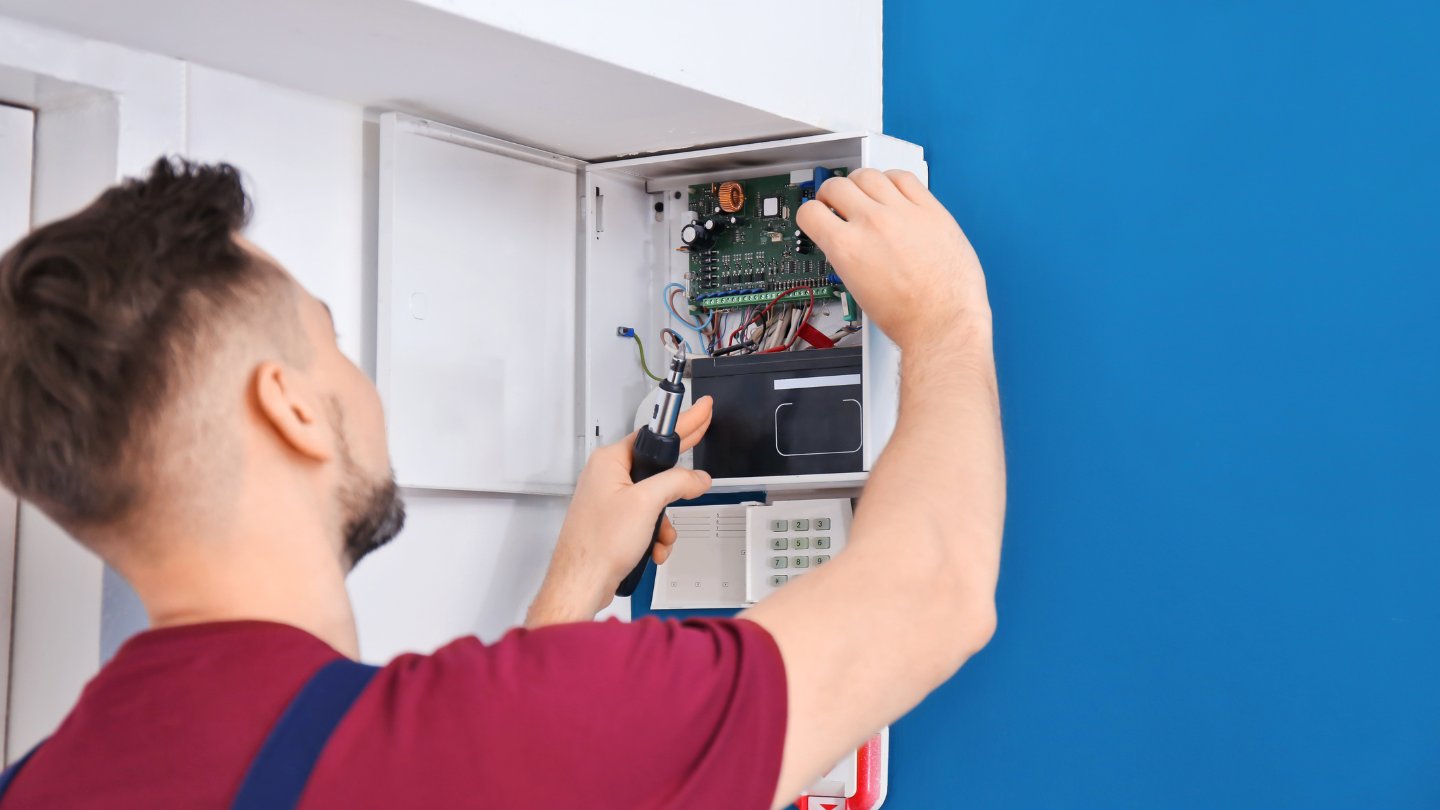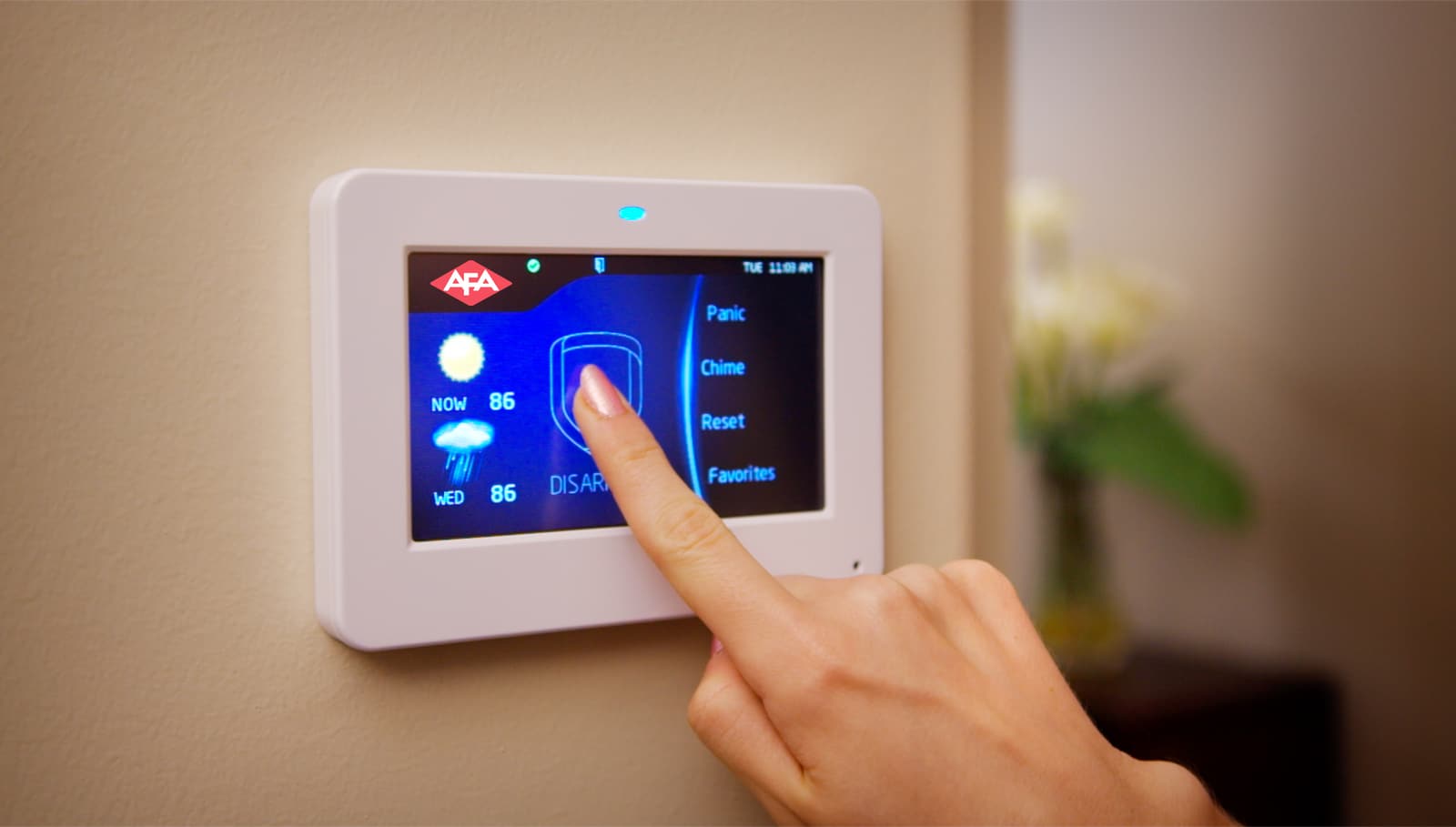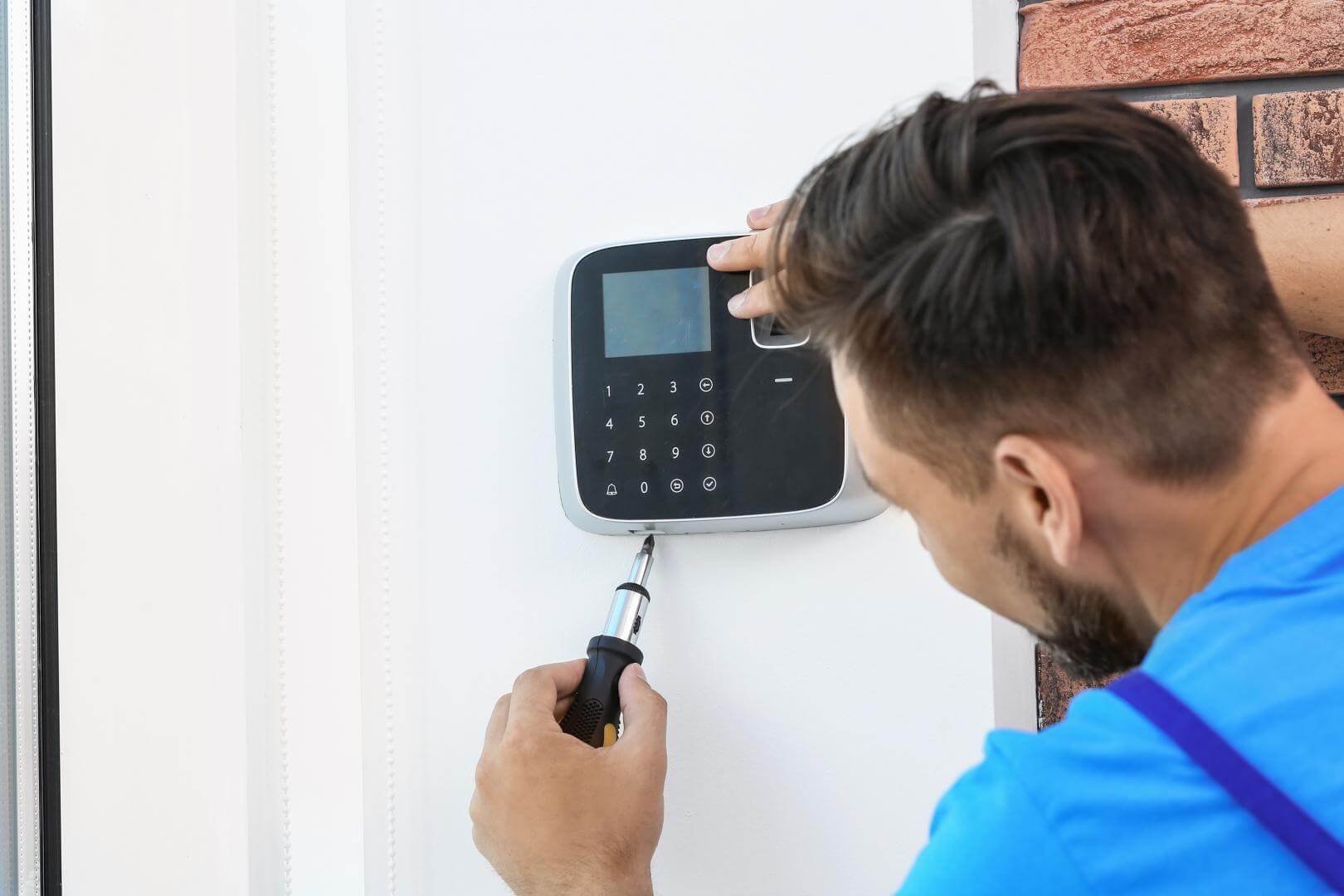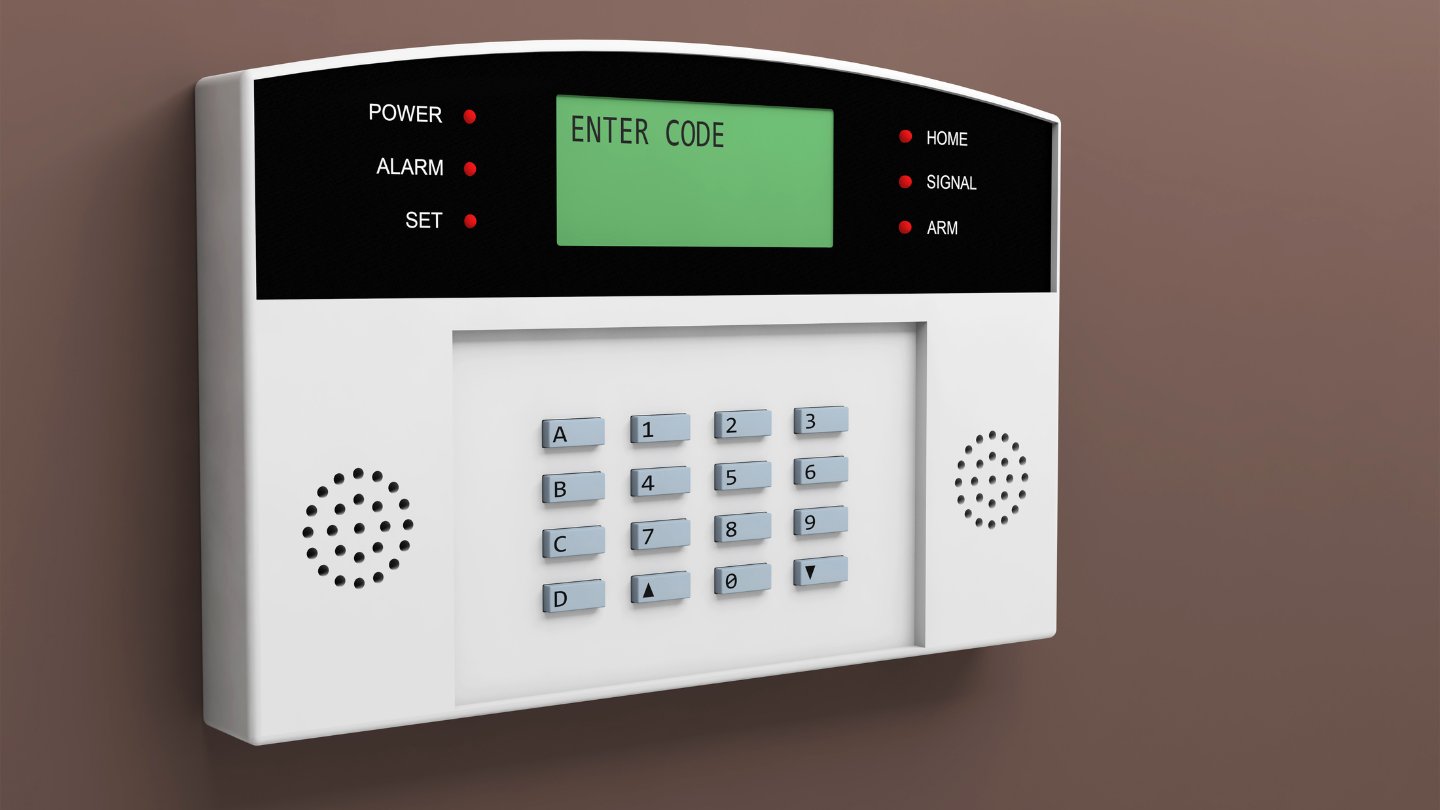Home>Home Security and Surveillance>Which Burglar Alarm System Is Best?
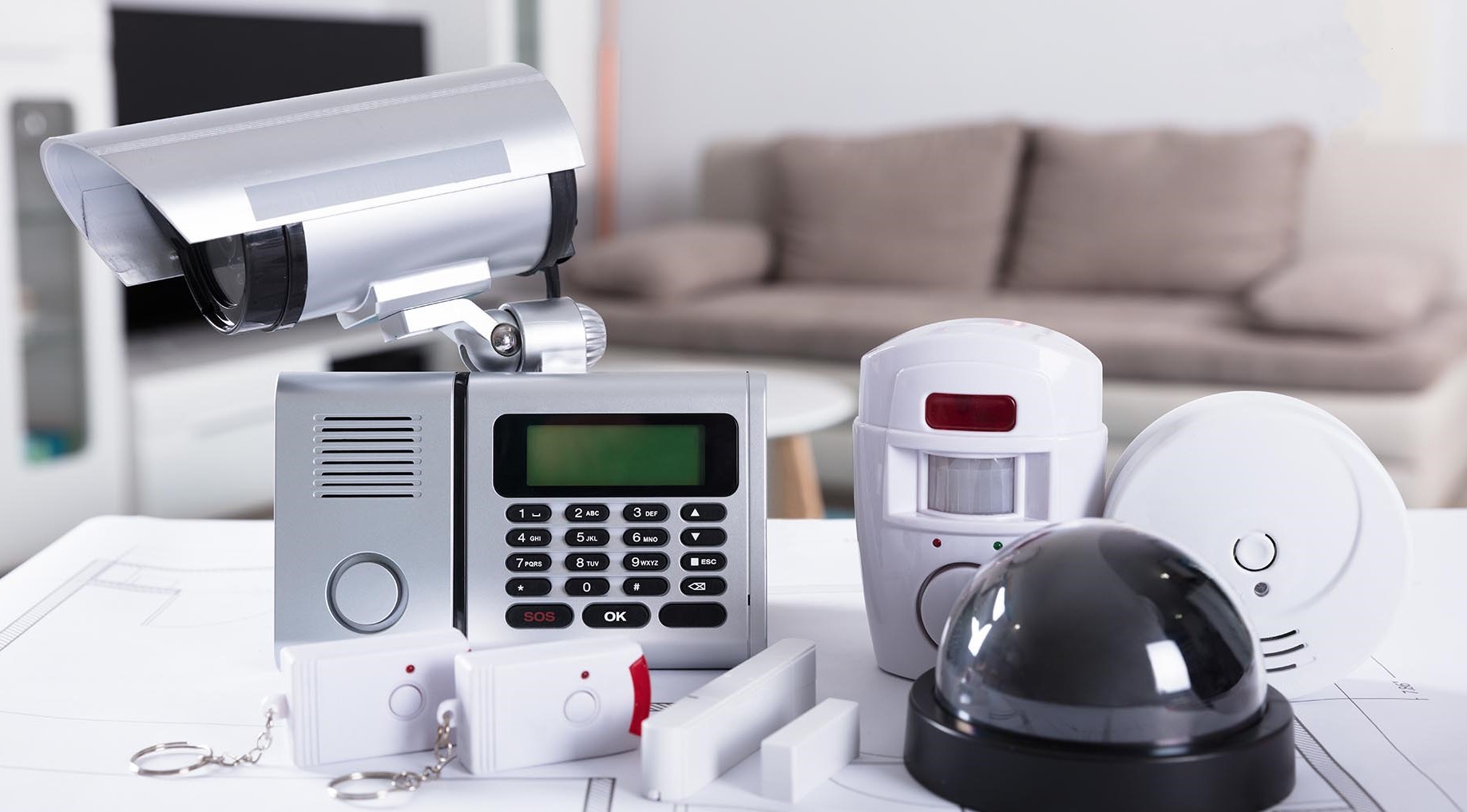

Home Security and Surveillance
Which Burglar Alarm System Is Best?
Modified: March 6, 2024
Discover the best home security and surveillance options. Find out which burglar alarm system is the most reliable and effective solution for your peace of mind.
(Many of the links in this article redirect to a specific reviewed product. Your purchase of these products through affiliate links helps to generate commission for Storables.com, at no extra cost. Learn more)
Introduction
In today’s fast-paced world, ensuring the safety and security of our homes has become a top priority. One effective way to protect your home from intruders and burglars is by installing a reliable burglar alarm system. With the multitude of options available in the market, it can be overwhelming to determine which one is the best for your needs. In this article, we will explore the different types of burglar alarm systems and guide you towards making the right choice for your home security.
When it comes to burglar alarm systems, there are three main options to consider: wired, wireless, and hybrid systems. Each type has its own benefits and considerations, and understanding these differences will help you make an informed decision.
Wired Burglar Alarm Systems:
Wired burglar alarm systems have been around for decades and are considered the traditional option. These systems consist of a control panel that is connected to various sensors and detectors throughout your home. The wired connection allows for a reliable and stable communication between the components.
One of the key advantages of wired systems is their robust and secure connection. Unlike wireless systems, which can be vulnerable to hacking or signal interference, wired systems are not susceptible to these risks. Additionally, wired systems do not rely on batteries, ensuring uninterrupted operation.
However, the installation process for wired systems can be more complex and time-consuming. It may require professional assistance as it involves running wires through walls, ceilings, and floors. This can also limit the flexibility of the system, as it may be challenging to add or relocate sensors in the future.
Wireless Burglar Alarm Systems:
If you’re looking for a more flexible and easy-to-install option, wireless burglar alarm systems are worth considering. These systems use wireless technology to connect the control panel with the sensors and detectors throughout your home. The communication is typically done through radio frequency signals.
The main advantage of wireless systems is the ease of installation. Since there are no wires to run, you can easily set up the system yourself, eliminating the need for professional assistance. This also makes wireless systems more suitable for renters or those who frequently move.
Wireless systems also offer the advantage of scalability. It’s easier to add or remove sensors as needed, and you have the flexibility to place them in optimal locations without any wiring restrictions. However, it’s important to keep in mind that wireless systems may be more susceptible to signal interference or false alarms due to environmental factors or neighboring wireless devices.
Hybrid Burglar Alarm Systems:
As the name suggests, hybrid burglar alarm systems combine the best features of both wired and wireless systems. These systems offer a flexible and easy installation process by allowing wireless sensors to be added to a central wired control panel.
The hybrid approach provides the advantages of both wired and wireless systems. You can enjoy the stability and reliability of a wired connection for your control panel, while still having the flexibility to add wireless sensors in areas that are difficult to reach with wires.
Now that we’ve explored the different types of burglar alarm systems, it’s important to consider the features that should be taken into account when selecting the best system for your home security needs. In the following sections, we will delve into the installation process, monitoring options, cost comparison, and the importance of customer reviews and ratings.
Key Takeaways:
- Choose the Right System: Wired, wireless, or hybrid – each burglar alarm system has its pros and cons. Consider your home’s layout, flexibility needs, and installation preferences to make the best choice for your security.
- Prioritize Safety Features: When selecting a burglar alarm system, focus on detection range, sensor types, control panel functionality, and monitoring options. These features ensure comprehensive coverage and reliable security for your home.
Read more: Which Is The Best Wireless Burglar Alarm
Wired Burglar Alarm Systems
When it comes to home security, wired burglar alarm systems have long been a popular choice. These systems consist of a control panel that is connected to various sensors and detectors throughout your home using physical wires. While wired systems may require a more extensive installation process, they offer several advantages that make them a reliable option for many homeowners.
One of the key benefits of wired burglar alarm systems is their stability and reliability. Unlike wireless systems, which can be susceptible to signal interference or hacking, wired systems provide a secure connection between the control panel and the sensors. This ensures that the system functions properly without any disruptions, giving you peace of mind knowing that your home is protected.
Another advantage of wired systems is that they do not rely on batteries. This means that you don’t have to worry about regularly replacing batteries or the system losing power unexpectedly. Wired systems are connected to the electrical grid, ensuring a constant supply of power for uninterrupted operation.
Wired burglar alarm systems also tend to have a wider range of compatible sensors and detectors. This allows you to customize your system based on your specific security needs. Whether it’s motion sensors, door and window sensors, or glass break detectors, wired systems can accommodate a variety of sensors to provide comprehensive coverage for your home.
However, it’s important to consider the installation process when opting for a wired system. Due to the physical wiring required, installation can be more complex and time-consuming compared to wireless systems. You may need professional assistance to properly run the wires through walls, ceilings, and floors, particularly in larger homes. This can result in additional installation costs.
Additionally, the wired nature of these systems can limit their flexibility. Once the sensors and detectors are installed and wired, it may be challenging to add or relocate them in the future. This is a consideration for those who may want to make changes to their security setup or move sensors to different areas of the home over time.
Overall, wired burglar alarm systems are a reliable and secure choice for homeowners who prioritize stability and long-term reliability. While the installation process can be more involved and the system may have less flexibility compared to wireless options, the peace of mind that comes with a stable and dependable connection can outweigh these considerations.
In the next section, we will explore wireless burglar alarm systems and their unique features and benefits.
Wireless Burglar Alarm Systems
When it comes to convenience and flexibility, wireless burglar alarm systems are a popular choice among homeowners. These systems utilize wireless technology to connect the control panel with the various sensors and detectors placed throughout your home. With no need for physical wiring, wireless systems offer several advantages that make them an attractive option for many households.
One of the key advantages of wireless burglar alarm systems is their easy installation process. Without the need to run wires through walls, ceilings, and floors, homeowners can set up the system themselves without requiring professional assistance. This not only saves time but also reduces installation costs.
The wireless nature of these systems also provides flexibility in sensor placement. You have the freedom to position the sensors and detectors wherever you feel is most effective for securing your home. This flexibility is particularly valuable for renters or individuals who frequently move, as you can easily disassemble and reassemble the system in a new location.
Another benefit of wireless systems is their scalability. You can easily add or remove sensors as needed, allowing you to customize the system based on your evolving security requirements. Whether you want to expand coverage to additional areas of your home or reduce sensors in certain zones, wireless systems offer the flexibility to adapt to your changing needs.
Despite the convenience and flexibility, it’s important to consider some of the drawbacks of wireless burglar alarm systems. One potential concern is the impact of environmental factors on the system’s performance. Wireless systems can be more susceptible to signal interference from other devices or even environmental conditions such as thick walls or metallic structures. This interference may result in false alarms or a reduced range of communication between the sensors and the control panel.
Another consideration is the reliance on batteries for power. Unlike wired systems that are connected to the electrical grid, wireless systems rely on batteries to keep the sensors and detectors functioning. It’s important to regularly check and replace batteries to ensure uninterrupted operation. Some wireless systems may feature battery life notifications or low-battery alerts to help you stay on top of maintenance.
Despite these considerations, wireless burglar alarm systems offer a convenient and flexible solution for homeowners seeking a DIY-friendly security option. Their easy installation process, customizable sensor placement, and scalability make them a popular choice for those who value flexibility and adaptability in their home security setup.
In the upcoming section, we will explore hybrid burglar alarm systems, which combine the best features of wired and wireless systems, offering a versatile solution for homeowners.
Hybrid Burglar Alarm Systems
For homeowners who want the best of both worlds, hybrid burglar alarm systems provide a versatile solution that combines the benefits of wired and wireless systems. These systems utilize a central control panel, similar to a wired system, but also incorporate wireless sensors and detectors for added flexibility and convenience.
One of the key advantages of hybrid systems is the flexibility they offer in sensor placement. While the control panel is connected to the electrical grid and relies on wired connections, the sensors and detectors can be added wirelessly. This means that areas of your home that are difficult to reach with wires, such as attics or detached garages, can still be effectively secured with the use of wireless sensors.
With a hybrid system, homeowners have the ability to customize their security setup based on their specific needs. You can choose to use a combination of wired and wireless sensors to provide comprehensive coverage for your home. This scalability allows you to add or remove sensors as needed, depending on changes to your security requirements without the limitations imposed by a fully wired or wireless system.
In terms of installation, hybrid systems offer a middle ground between wired and wireless options. While the control panel requires wired connections, which may require professional assistance to install, the wireless sensors and detectors can be easily installed by homeowners themselves. This saves time and reduces installation costs.
Another benefit of hybrid burglar alarm systems is their compatibility with a wide range of sensors and detectors. You can select from various types of sensors, including motion sensors, door and window sensors, and glass break detectors, to create a customized security setup that suits your needs and preferences.
However, it’s important to keep in mind that hybrid systems may have some of the drawbacks associated with wireless systems. Signal interference from other devices or environmental factors can still impact the performance of the wireless sensors. Additionally, wireless sensors may require regular maintenance to ensure the batteries are properly functioning.
Overall, hybrid burglar alarm systems offer a flexible and versatile solution for homeowners who desire the stability and reliability of a wired system, while also benefiting from the convenience and customization options of wireless sensors. Whether you need to secure hard-to-reach areas with wireless sensors or want to expand your existing wired system, a hybrid system can provide the adaptability you need.
In the next section, we will explore the key features to consider when selecting a burglar alarm system for your home security needs.
Features to Consider
When choosing a burglar alarm system for your home security, there are several key features to consider. These features will help ensure that the system meets your specific needs and provides the level of protection you desire. Here are some important factors to keep in mind:
1. Detection Range: Different sensors have different detection ranges, so it’s essential to choose sensors that can adequately cover the areas you want to protect. Consider the size and layout of your home to determine the range required for optimal coverage.
2. Sensor Types: Look for a system that offers a variety of sensor types, such as motion sensors, door and window sensors, glass break detectors, and smoke detectors. This allows you to customize your security setup based on your specific needs, ensuring comprehensive coverage.
3. Control Panel: The control panel serves as the brain of your burglar alarm system. Look for a control panel that is user-friendly and offers easy access to system settings and controls. Consider whether you prefer a panel with a touchscreen or one with physical buttons.
4. Smartphone Integration: Many modern burglar alarm systems offer the convenience of smartphone integration. This allows you to monitor and control the system remotely through a dedicated app, providing real-time notifications and the ability to arm and disarm the system from anywhere.
5. Camera Surveillance: Some burglar alarm systems include camera surveillance as an additional feature. This can provide visual monitoring of your home, allowing you to view live or recorded footage, and may act as a deterrent to potential intruders.
6. Home Automation Compatibility: If you’re interested in integrating your burglar alarm system with other smart home devices, look for compatibility with popular home automation platforms such as Alexa or Google Assistant. This allows you to create a connected security ecosystem in your home.
7. Monitoring Options: Consider the monitoring options available with the system. Traditional systems may offer professional monitoring services, where a monitoring center is notified in case of an alarm. Alternatively, self-monitoring options allow you to receive notifications directly on your phone and handle any necessary actions.
8. Expandability: Think about your future needs and whether the system offers the ability to expand and add additional sensors or devices if needed. This allows you to adapt the system as your security requirements change over time.
9. Battery Backup: In the event of a power outage, a system with battery backup ensures that your security system remains operational. Look for a system that offers a battery backup feature to ensure continuous protection.
10. Integration with Other Security Devices: If you have other security devices in your home, such as doorbell cameras or smart locks, consider whether the burglar alarm system can integrate and work seamlessly with these devices. This offers a more comprehensive and unified security solution.
By considering these key features, you can select a burglar alarm system that aligns with your specific needs and provides the level of security and convenience you desire.
In the following sections, we will delve into the installation process, monitoring options, cost comparison, and the importance of customer reviews and ratings to help you make an informed decision regarding your home security system.
When choosing a burglar alarm system, look for one with 24/7 monitoring, mobile app control, and professional installation for the best protection.
Installation Process
The installation process is an important aspect to consider when choosing a burglar alarm system for your home security. Depending on the type of system you select, the installation process can vary in complexity and may require different levels of expertise. Here are some key points to keep in mind:
Professional Installation: Some burglar alarm systems may require professional installation, especially if they involve wired connections or complex setups. This typically involves hiring a trained technician who will assess your home’s layout, determine the optimal sensor placement, run wires if necessary, and set up the control panel. Professional installation ensures that the system is properly installed and functioning correctly, but it may come with an additional cost.
Do-It-Yourself (DIY) Installation: Many wireless burglar alarm systems are designed for DIY installation, allowing homeowners to easily set up the system themselves without the need for professional assistance. These systems typically come with detailed instructions and user-friendly interfaces, making the installation process straightforward. DIY installation can save time and money, but it’s important to carefully follow the instructions and ensure that all sensors are properly placed and connected.
Placement of Sensors: Proper placement of sensors is crucial for the effectiveness of your burglar alarm system. Door and window sensors should be installed on all accessible entry points, such as exterior doors and ground-level windows. Motion sensors should be strategically placed to cover high-traffic areas or areas where an intruder would likely pass through. Glass break detectors should be installed near vulnerable glass surfaces. Taking the time to carefully plan and place sensors will ensure that your system provides adequate coverage.
Testing the System: After the installation, it’s essential to thoroughly test the system to ensure it is functioning properly. Test each sensor and detector to verify that they are detecting motion, opening and closing of doors or windows, or glass breakage as intended. Additionally, test the control panel to ensure that it communicates with all the sensors and notifies you of any alarms or system malfunctions.
System Programming: Depending on the complexity of the burglar alarm system, you may need to program certain settings. This can include setting up user codes, configuring alarm delays, or adjusting sensor sensitivity. Make sure to consult the manufacturer’s instructions or seek professional assistance if needed to properly program the system according to your preferences.
Ongoing Maintenance: Once the system is installed and set up, it’s important to perform regular maintenance to ensure its continued effectiveness. This can include changing batteries in wireless sensors, cleaning sensors to prevent false alarms due to dust or debris, and testing the system periodically to ensure all components are in working order.
Whether you opt for professional installation or choose a DIY installation, it’s crucial to prioritize proper placement and testing of sensors to ensure your burglar alarm system provides optimal protection for your home. Taking the time to install the system correctly and perform regular maintenance will give you peace of mind knowing that your home is secure.
In the upcoming sections, we will explore monitoring options, cost comparison, and the importance of customer reviews and ratings to help you make an informed decision regarding your home security system.
Monitoring Options
When it comes to burglar alarm systems, monitoring options play a vital role in ensuring the effectiveness of your home security. Monitoring involves a third-party service that oversees your security system, responding to alarms, and taking appropriate action when necessary. Here are some key monitoring options to consider:
Professional Monitoring: Professional monitoring is a popular choice for homeowners who want round-the-clock protection and peace of mind. With professional monitoring, a monitoring center is notified when your burglar alarm system detects an intrusion or an emergency situation. Trained professionals at the monitoring center can then take appropriate action, such as contacting you or the authorities, to ensure a prompt response to the alarm. Professional monitoring typically requires a monthly fee, but it offers a high level of security and support.
Self-Monitoring: Self-monitoring allows you to take control of monitoring your own burglar alarm system. With self-monitoring, you receive real-time notifications on your smartphone or other devices when an alarm is triggered. You can then assess the situation and decide on the appropriate action to take. This option is often more cost-effective since it eliminates the need for a monthly monitoring fee. However, it does require you to be actively engaged in monitoring and responding to alarms.
Cellular Monitoring: Cellular monitoring utilizes a cellular network to communicate between your burglar alarm system and the monitoring center. This option is considered more reliable than traditional telephone line monitoring because it is not susceptible to phone line cuts or disruptions. Cellular monitoring ensures that your system remains connected to the monitoring center even if your landline is compromised or unavailable. It is a popular choice for homeowners seeking a reliable and secure monitoring solution.
Internet Monitoring: Internet monitoring uses your home’s internet connection to transmit alarm signals to the monitoring center. This option is convenient and cost-effective as it eliminates the need for additional phone lines. However, it’s important to consider the reliability of your internet connection and the potential vulnerability to signal disruption or hacking. In case of an internet outage, this type of monitoring may be affected.
Two-Way Voice Monitoring: Two-way voice monitoring allows two-way communication between your burglar alarm system and the monitoring center. In the event of an alarm, you can speak directly to a monitoring professional through a speakerphone on the control panel. This allows for immediate communication and can be beneficial in emergency situations where verbal verification or instructions are required.
When selecting a monitoring option, consider factors such as your budget, the level of security you desire, and the level of involvement you want in monitoring your system. If you prefer professional oversight and a quick response to alarms, professional monitoring may be the best choice for you. On the other hand, if you want to actively participate in monitoring and decision-making, self-monitoring may be a suitable option.
In the upcoming sections, we will explore cost comparison, customer reviews and ratings, and conclude our discussion on choosing the right burglar alarm system for your home security needs.
Cost Comparison
When considering a burglar alarm system for your home security, it’s important to understand the cost factors involved. The cost of a system can vary depending on various factors such as the type of system, the features included, and any additional expenses that may arise. Here’s a breakdown of the key cost considerations:
System Components: The cost of a burglar alarm system typically includes the control panel, sensors, detectors, and any additional devices or accessories. The price can vary depending on the brand, quality, and quantity of components included in the package. Consider the size of your home and the number of areas you want to secure when estimating the number of sensors and detectors needed.
Installation: The installation process can be a significant cost consideration, especially if professional installation is required. Professional installation ensures that the system is properly set up and functioning correctly, but it comes with an additional cost. On the other hand, DIY installation can save money, but it may require more time and effort on your part.
Monitoring: If you opt for professional monitoring, be prepared to factor in the cost of monthly monitoring fees. The cost of professional monitoring can vary depending on the level of service and the features included. Self-monitoring options, on the other hand, may not have monthly fees, but they require more active involvement on your part.
Additional Services: Some burglar alarm companies offer additional services such as camera surveillance, fire detection, or home automation integration. These additional services may come at an extra cost. Consider whether these services align with your security needs and if the benefits justify the additional expense.
Maintenance and Support: It’s important to consider ongoing maintenance and support costs. This includes replacing batteries for wireless sensors, regular testing and servicing of the system, and potential service fees for technical support or repairs. Proper maintenance ensures the longevity and effectiveness of your burglar alarm system.
System Upgrades: Over time, you may want to upgrade or expand your burglar alarm system. Consider the potential cost of system upgrades and the availability of compatible components. It’s advisable to choose a system that allows for future expansion and customization without significant additional costs.
To compare costs effectively, it’s essential to gather quotes from different burglar alarm system providers. Request comprehensive quotes that include all the necessary components, installation fees, monitoring fees, and any additional services. This will give you a clear understanding of the total cost of each option and help you evaluate the value for money offered by different providers.
Remember, cost should not be the sole determining factor in choosing a burglar alarm system. It’s essential to consider the overall quality, reliability, and effectiveness of the system and its features to ensure that your home security needs are met.
In the final section, we will discuss the significance of customer reviews and ratings in making an informed decision regarding your burglar alarm system.
Customer Reviews and Ratings
When it comes to choosing a burglar alarm system for your home security, customer reviews and ratings can provide valuable insights and help guide your decision-making process. By considering the experiences and opinions of others who have used the system, you can gain a better understanding of its performance, reliability, and overall customer satisfaction. Here’s why customer reviews and ratings are significant:
Real-World Experiences: Customer reviews provide firsthand accounts of the performance and effectiveness of a burglar alarm system. Reading reviews allows you to learn from the experiences of others who have already installed and used the system in their homes. These reviews can highlight the strengths and weaknesses of the system, including any potential issues or concerns to be aware of.
Reliability and Performance: Customer feedback can provide valuable insights into the reliability and performance of a burglar alarm system. Pay attention to reviews that mention system responsiveness, false alarms, ease of use, and overall satisfaction with the system’s performance. Look for consistent positive feedback regarding the system’s ability to detect and deter intrusions effectively.
Installation and Setup: Reviews can also shed light on the installation and setup process of a burglar alarm system. Look for feedback on the ease of installation, whether professional assistance was needed, and any potential challenges or recommendations shared by customers. This information can help you determine the level of expertise or assistance required for installing the system.
Customer Service and Support: The level of customer service and support provided by the burglar alarm system provider is another important aspect to consider. Reviews can provide insights into the responsiveness and helpfulness of customer service representatives if issues or questions arise. Look for feedback on the company’s ability to address concerns or provide timely technical support.
Long-Term Satisfaction: Customer reviews can give you an idea of the long-term satisfaction of customers who have been using the burglar alarm system for an extended period. Look for reviews from customers who have had the system installed for several months or years and assess their overall satisfaction with its performance, durability, and ongoing support.
Diverse Perspectives: Keep in mind that customer reviews can offer diverse perspectives, as each person’s experience may vary based on factors such as home layout, location, and personal expectations. Consider the overall consensus among reviews, rather than focusing on individual comments, to get a more accurate understanding of the system’s strengths and weaknesses.
When reviewing customer feedback, pay attention to reviews from verified purchasers or those who have a similar home security setup or needs as yours. These reviews tend to be more reliable and relevant to your decision-making process.
Online review platforms, forums, and websites dedicated to home security can be valuable resources for finding customer reviews and ratings. Take the time to read multiple reviews and ratings to get a comprehensive understanding of the system’s performance and customer satisfaction.
By considering customer reviews and ratings, you can make a more informed decision when selecting a burglar alarm system that best fits your home security needs and preferences.
With the information and considerations provided in this article, you can confidently choose the best burglar alarm system for your home. A reliable and effective burglar alarm system will provide you with the peace of mind and security you deserve.
Remember to regularly assess and update your security system to ensure it remains up to date and aligned with your evolving security needs.
Read more: What Is Central Burglar Alarm
Conclusion
Choosing the right burglar alarm system for your home security is a crucial decision that requires careful consideration. The availability of wired, wireless, and hybrid systems provides a range of options for homeowners to enhance their safety and deter potential intruders.
Wired burglar alarm systems offer stability, reliability, and a wide range of compatible sensors. They provide a secure connection and are not susceptible to hacking or signal interference. However, the installation process can be more complex and may require professional assistance.
Wireless burglar alarm systems offer flexibility, easy installation, and scalability. They are ideal for renters or those who prefer a DIY approach. However, they are susceptible to signal interference and may require regular battery maintenance.
Hybrid burglar alarm systems combine the best features of both wired and wireless systems. They offer flexibility in sensor placement and allow for future expansion while maintaining a stable and reliable connection to the control panel.
As you navigate your options, consider the features that are most important to you. Detection range, sensor types, control panel functionality, smartphone integration, and compatibility with home automation platforms are key factors to consider when making your decision.
The installation process, whether DIY or professional, is crucial to the overall effectiveness of your burglar alarm system. Proper placement of sensors, testing the system, and ongoing maintenance are essential for optimal performance.
Monitoring options, such as professional monitoring and self-monitoring, offer different levels of security and involvement. Consider your budget, the level of oversight you desire, and the reliability of communication methods like cellular or internet monitoring.
Cost comparison is essential in determining the overall investment required for your burglar alarm system. Consider the initial system components, installation costs, monitoring fees, additional services, maintenance expenses, and potential system upgrades.
Customer reviews and ratings provide valuable insights into real-world experiences and can help guide your decision-making process. Consider the reliability, performance, installation process, customer service, and long-term satisfaction shared by other homeowners.
In conclusion, it’s important to carefully evaluate your home security needs and preferences when selecting a burglar alarm system. By considering the various options, installation processes, monitoring options, costs, and customer feedback, you can confidently choose a system that provides the level of security and peace of mind you desire.
Investing in a reliable and effective burglar alarm system is a proactive step towards safeguarding your home and protecting your loved ones. Remember to regularly assess and update your security system to ensure it remains aligned with your evolving security needs.
You deserve the comfort and peace of mind that comes with knowing your home is secure, and a well-chosen burglar alarm system can help provide that peace of mind for years to come.
Frequently Asked Questions about Which Burglar Alarm System Is Best?
Was this page helpful?
At Storables.com, we guarantee accurate and reliable information. Our content, validated by Expert Board Contributors, is crafted following stringent Editorial Policies. We're committed to providing you with well-researched, expert-backed insights for all your informational needs.
